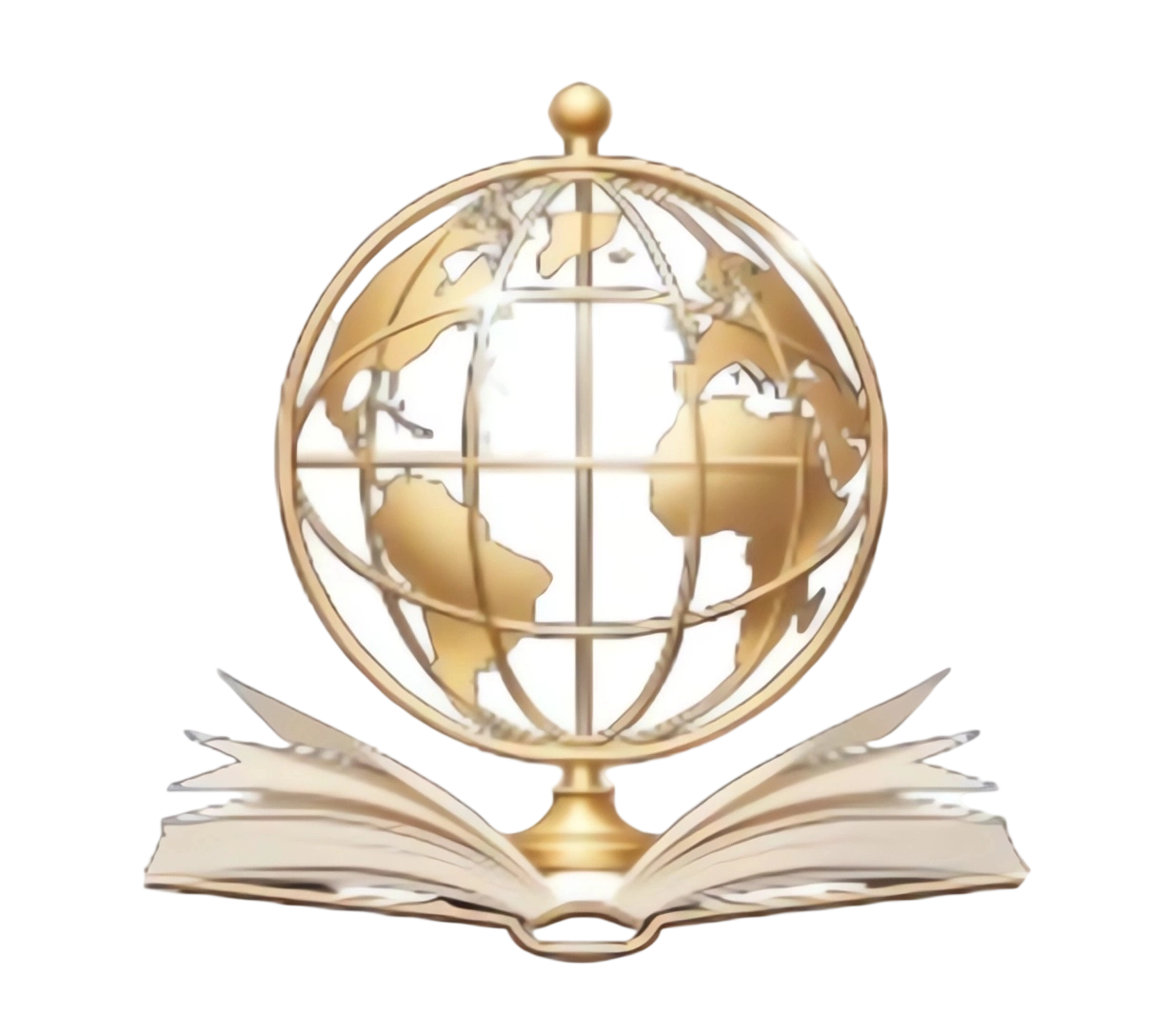Abstract
In the process of China’s educational development,quality education has emerged as the core andmost crucial educational objective.The improvement of quality education in universities hinges on innovativedevelopments in educational approaches.To enrich the educational forms and optimize the educational con-tent,thereby making quality education a robust guarantee for the lifelong development of university stu-dents,it is essential to actively construct reasonable teaching frameworks.This enables students to compre-hend the significance of quality education and integrate its content with their personal development,therebyelevating their overall quality.Universities should also incorporate diversified forms of quality education,with social service and national construction as the fundamental starting points,allowing students to realizetheir value.
Keywords:Universities;Quality Education;Ideological and Moral Education;Scientific and Cultural Edu-cation
1.Ideological and Moral Education in Uni-versities
Universities serve as crucial institutionsfor nurturing national talents.In the reform ofuniversity education,enhancing student qual-ity has become a pivotal teaching objective.The advancement of student quality educationin universities relies on innovative teachingmodels.Ideological and moral education hasalways been the cornerstone of quality educa-tion.To cultivate ideological and moral quali-ties,universities should leverage existing edu-cational resources through a combination ofcurriculum education and campus cultural in-fluences,thereby elevating students’ideologi-cal awareness and moral standards.Ideologi-cal and moral education should reinforce stu-dents’patriotism,frugality,and integrate tra-ditional Chinese virtues as essential principles.In the contemporary era,university stu-dents,apart from diligently acquiring knowl-edge,must bear in mind their mission to con-tribute to the rise of the Chinese nation.Thisbelief constitutes a vital component of ideologi-cal and moral education.Universities shouldnot confine ideological and moral education tothe classroom but extend it throughout stu-dents’academic and daily lives,enabling themto uphold firm ideological and moral standardsamidst complex social trends.Universitiesshould also connect ideological and moral edu-cation with social life,leveraging society as avast classroom.In patriotic education,stu-dents should be exposed to the experiences ofolder revolutionary figures,and campus cul-tural activities,such as ideological and moralconstruction events and knowledge competi-tions,should be organized to reinforce thesevalues.Given that many modern students in a prosperous society tend to overlook traditionalvirtues like frugality,universities should ac-tively promote a spirit of hard work and thriftthrough ideological and moral education.
2.Scientific and Cultural Education inUniversities
Universities are cradles for cultivatinghighly skilled professionals with advancedknowledge.To elevate the level of scientific andcultural education in universities,it is essen-tial to enhance students’proficiency in scien-tific knowledge.The construction and develop-ment of the nation require a cohort of talentswho can serve as driving forces in variousfields.In scientific and cultural education,it iscrucial to guide students in understandingtheir social responsibilities.The past emphasison exam-oriented education has led many stu-dents to excel in tests but struggle to applytheir skills in national construction.Therefore,scientific and cultural education should pro-mote educational reforms in universities,making quality the basis for evaluating stu-dents.Universities should guide students inclarifying their learning objectives,fosteringcorrect outlooks on life and values,and linkingtheir acquired knowledge and skills with serving society.Universities should also focus onstudents’learning methods,as the sayinggoes,”Give a man a fish,and you feed him fora day;teach a man to fish,and you feed himfor a lifetime.”Only by mastering effectivelearning methods can students achieve morewith less effort in acquiring knowledge and
skills.The development of modern informa-tion technology has positively contributed toenhancing teaching efficiency and students’learning outcomes in universities.Universitiescan establish learning platforms to providepersonalized and humanized teaching ser-vices,allowing students to access more knowl-edge according to their abilities and interests,thereby broadening their scientific and cultur-al horizons.
3.Physical and Psychological Education inUniversities
In implementing quality education,uni-versities should also emphasize the enhance-ment of students’physical and psychologicalqualities.Without good health and a soundmind,students will find it challenging toshoulder the responsibilities entrusted by thenation and its people.Universities shouldstrengthen health education,providing stu-dents with health guidance to enable them toconfront academic and life challenges positive-ly.Universities should also encourage stu-dents to actively participate in physical exer-cises,integrating physical education courseswith daily workouts to improve students’phys-ical itness.In psychological education,uni-versities should guide students in developinghealthy lifestyles and good interpersonal skills,enabling them to cultivate resilience againstsetbacks and challenges during their studies.In addition to education,universities shouldoffer health consultation and guidance ser-vices,such as establishing health clinics and counseling rooms,to ensure students receivetimely assistance when facing physical or psy-chological issues.
4.Labor and Practical Education in Univer-sities
Labor and practical education serve ascrucial channels for transforming scientificknowledge into productivity in university edu-cation.Labor and practical education shouldintegrate classroom learning with social prac-tice,providing students with more opportuni-ties for social engagement.As students inevita-bly face employment after graduation,activecultivation of labor and practical skills canhelp them adapt to society more quickly andbetter leverage their knowledge and technicalexpertise.Labor and practical educationshould also instill the concept of lifelonglearning in students.Society is a vast class-room,and every labor and practical process isa learning opportunity.In the era of the knowledge economy,students should enhance theirqualities through labor and practice,integrat-ing diverse knowledge and skills comprehen-sivey.Labor and practice should serve as thefoundation and guarantee for value realiza-tion,enabling students to become pillars of na-tional construction in their future careers.
Conclusion:
As times evolve,the level of quality educa-tion for university students in China mustcontinually improve.Universities,as vital edu-
cational institutions,should always prioritizestudents in their educational practices,en-hancing their various qualities through effec-tive teaching approaches.In quality education,universities should focus on the fundamentalsof education,strengthening ideological,practical,and psychological qualities alongsideknowledge teaching,thereby nurturing stu-dents into valuable contributors to nationalconstruction.
References
[1]Hashigerle.Exploration of the Necessity ofEnhancing Students’Scientific Literacy in Pre-school Education at Universities.Industrial &Science Tribune,2019,18(07):173-174.
[2]Shao Chaoqiang.Effective Ways for Univer-sity Counselors to Enhance Students’Qualitythrough Campus Culture.Scientific Consult-ing,2020,000(024):47.
[3]Zhang Ai.Reflections on Quality Educationin Universities in the New Era.Think TankEra,2019,000(045):115-116.
[4]Gao Meiling.Exploration of HumanisticQuality Education for University Students inthe New Media Environment.Journal of Elec-tronic Engineering College,2019,008(010):20.
[5]Li Linhong.The Important Role of Human-istic Quality Education in Enhancing Universi-ties’Social Competitiveness and TeachingStrategies.Educational Observation,2019,
Funding Project:2018 Guangxi Philoso-phy and Social Science Planning ResearchProject “Research on Green Financial Coopera-tion Models in the Beibu Gulf Urban Agglomer-ation”(Approval No.:18FJY001)
Author’s Introduction:Liang Gang,male(born in February 1978),Han ethnicity,nativeof Antu,Jilin Province,Ph.D.,Master’s Super-visor,Associate Professor,Double PostdoctoralFellow at Tsinghua University and ChineseAcademy of Social Sciences,Visiting Scholar atthe University of British Columbia,ResearchDirections:Environmental Science and Envi-ronmental Management.

